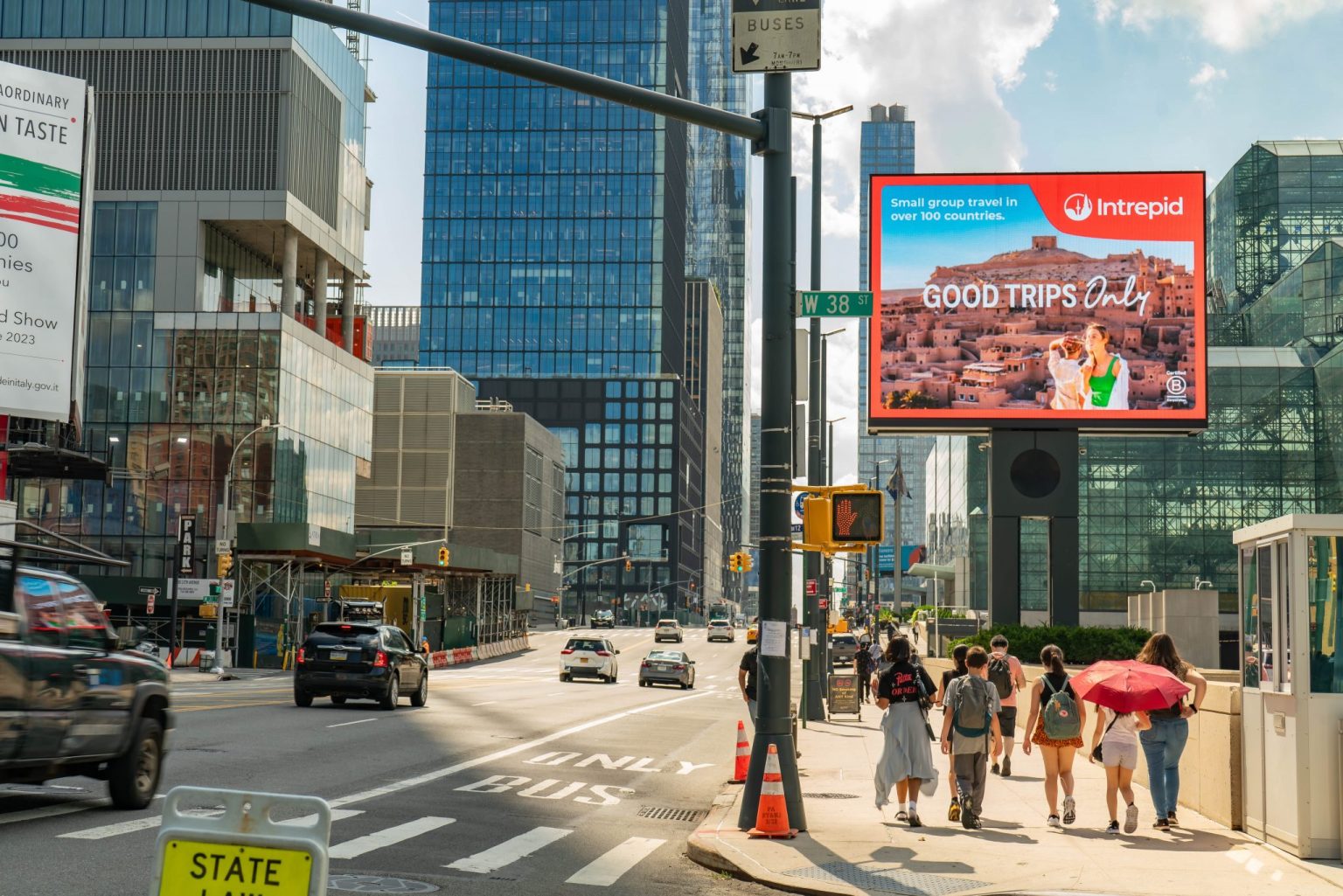Intrepid Travel has shifted its marketing strategy in recent years, moving away from direct response campaigns to focus more on building its brand image. Previously, the company spent about 90% of its marketing budget on direct response tactics like ads, discounts, and flyers. However, this approach has now been reduced to around 50% of the budget, with the remaining funds being used to enhance the overall brand identity. The company’s “Good Trips Only” campaign highlights the values and experiences associated with traveling with Intrepid, emphasizing both enjoyment and positive impact on communities and the environment.
The pivot in Intrepid’s marketing strategy began during the Covid-19 pandemic, when traditional sales-focused advertising became challenging due to travel restrictions and economic uncertainty. With a shift towards brand storytelling, the company aimed to create demand and attract a wider audience over the long term. This strategic change has led to a transformation in the company’s revenue mix, with 65% of current revenue coming from direct sales as opposed to pre-pandemic levels where 35% of revenue was generated through travel agents or online platforms. By focusing on building brand awareness, Intrepid aims to engage customers more frequently and inspire loyalty in their target market.
Leigh Barnes, Intrepid’s chief customer officer, emphasized the importance of brand marketing in fostering sustained growth and customer engagement. While direct response campaigns may offer short-term results, creating a strong brand identity can help a company expand faster and attract a larger customer base over time. The company’s upcoming book, “The Intrepid List,” which features 100 unique travel experiences from around the world, is part of their strategy to connect with customers and encourage repeat engagement with the brand. By offering diverse and meaningful travel opportunities, Intrepid aims to cultivate a community of loyal customers who share their values and appreciate the experiences they provide.
In a shifting market landscape, other travel companies have also embraced brand marketing as an essential component of their overall strategies. Airbnb saw increased success and reduced marketing expenses by focusing on brand building, which contributed to a boost in net profit. Similarly, Marriott International and Hilton have launched campaigns that highlight customer experiences and emphasize the unique value of their brands. By prioritizing brand image and storytelling, these companies have been able to differentiate themselves in a competitive industry and resonate with travelers seeking meaningful and memorable experiences.
The shift towards brand marketing reflects a broader trend in the travel industry, with companies recognizing the value of creating emotional connections with customers and offering experiences that go beyond simple transactions. By showcasing the values, culture, and impact of their brand, companies like Intrepid Travel are able to attract a more diverse and engaged audience, leading to increased revenue and loyalty. As the industry continues to evolve, the importance of brand marketing in creating sustainable growth and differentiation in a crowded market becomes increasingly evident.
Overall, Intrepid Travel’s strategic shift towards brand marketing represents a significant departure from traditional sales-focused tactics, demonstrating a commitment to engaging customers on a deeper level and fostering long-term loyalty. By emphasizing values, experiences, and community impact, the company aims to create a distinct brand identity that resonates with a diverse audience of travelers. As the travel industry continues to evolve, the success of Intrepid’s approach highlights the growing importance of brand marketing in driving sustained growth and establishing a strong competitive advantage in a dynamic and competitive market.


